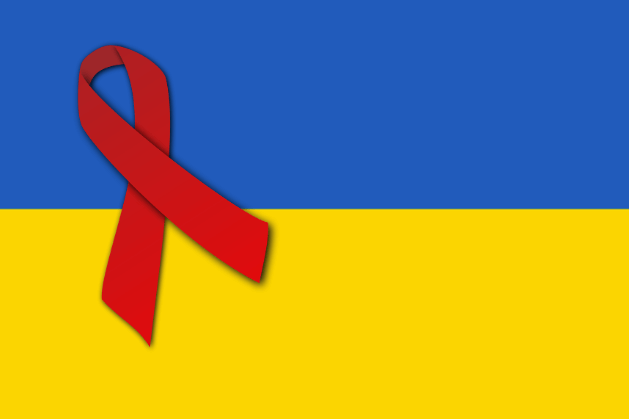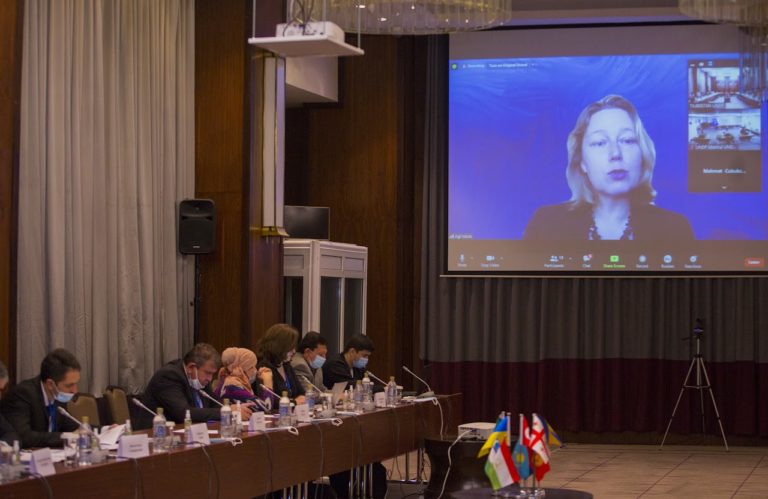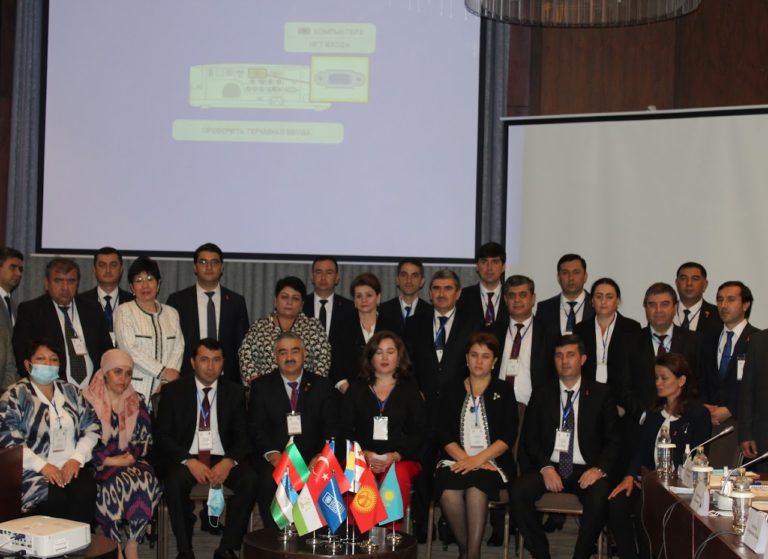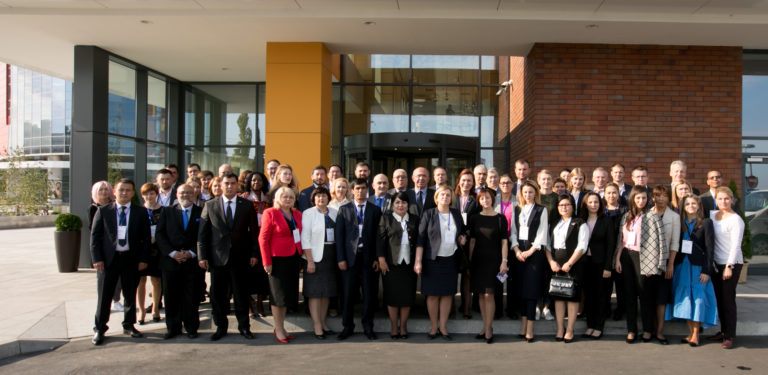
Online Seminar for Ukrainian Judges
On 10 August 2021, the National School of Judges of Ukraine and UNDP co-organized an online seminar for judges in Ukraine, focusing on the problematic aspects of the criminal proceedings provided by Article 130, 132 of the Criminal Code of Ukraine and the protection of the rights of people living with HIV and other incurable infectious diseases.
This seminar aimed to (1) highlight issues related to the Criminal Code of Ukraine Article 130, which criminalizes HIV transmission, and Article 132, which establishes criminal liability for the disclosure of medical information for HIV and other incurable infectious diseases; (2) raise judges’ awareness on the issues related to people living with HIV and other incurable infectious diseases; (3) contribute to an active, efficient judicial system to protect the rights of vulnerable populations; (4) discuss cultural stereotypes and legal problems faced by people living with HIV and other incurable infectious diseases.
Article 130 of the Criminal Code of Ukraine:
Article 130. Infection with HIV or any other incurable contagious disease
- Willful placing of a person in danger of being infected with HIV or any other incurable contagious disease dangerous to human life -shall be punishable by arrest for a term up to three months, or by restraint of liberty for a term up to five years, or imprisonment for a term up to three years.
- Infection of another person with HIV or any other incurable contagious disease by a person who was aware of himself or herself being a circulator of this virus -shall be punishable by imprisonment for a term of two to five years.
- Any such actions as provided for by part 2 of this Article, if committed in respect of two or more persons or a minor -shall be punishable by imprisonment of three to eight years.
- Willful infection of another person with HIV or any other incurable contagious disease dangerous to the person’s life -shall be punishable by imprisonment for a term of five to ten years.
Article 132 of the Criminal Code of Ukraine:
Article 132. Disclosure of information on medical examination for HIV or any other incurable contagious disease
Disclosure by a medical officer, an auxiliary employee who obtained the information without authorisation, or a medical worker of information on medical examination for HIV, or any other incurable contagious disease dangerous to the person’s life, or AIDS and its results that became known to them in connection with their official or professional duties
-shall be punishable by a fine of fifty to one hundred tax-free minimum incomes, or community service for a term of up to two hundred and forty hours, or correctional labour for a term of up to two years, or restriction of liberty for a term of up to three years, with or without deprivation of the right to occupy certain positions or engage in certain activities for a term of up to three years.
Despite the decline of HIV cases globally, HIV incidence in Ukraine continues to increase, especially among key populations vulnerable to HIV infection. Ukrainians living with HIV also experience stigma, discrimination, and human rights violations.
The seminar provided a platform for judges and government officials from Ukraine, members of UNDP HIV, Health and Development team, and civil society members to share and discuss legal frameworks and social factors that threaten the rights and well-being of people living with HIV and key populations.
As the main theme of the seminar, Judge Larysa Radutska gave a mini-lecture on Article 130 and Article 132 and moderated an online discussion on issues related to HIV criminalization in Ukraine and the confidentiality of HIV status.
Speaker Mr. Serhii Myronyuk further provided an overview of the needs and barriers for HIV and TB patients to access treatment, care, and social support. A comprehensive response to these barriers would include monitoring data on human rights violations, amending legal documents regarding these violations, and mobilizing social advocacy groups to eliminate legal barriers.
Speaker Ms. Svitlana Moroz highlighted women’s risk of HIV infection and violence given Article 130. As many women living with HIV are economically dependent on partners and are afraid of violence, they are more likely to be prosecuted for risks of HIV transmission and failure to disclose their HIV status. The fear that confidential medical information, including HIV status, drug use, or drug addiction, may be disclosed to law enforcement agencies could further prevent women from seeking medical services.
Judiciary members play a key role in reducing the further spread of HIV and creating a supportive legal environment for people living with HIV/other incurable infectious diseases and key populations. By bringing together judges from Ukraine, this seminar is a concrete step forward in preventing discrimination against people living with HIV and key populations in court decisions and advocating positive legislative change.
Below you can find all seminar documents, including the agenda and presentations.



